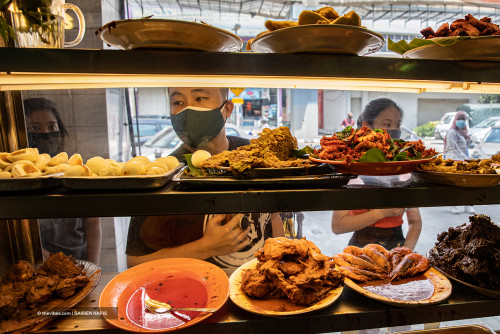STRETCHING across 2,300 km off the coast of Queensland, Australia lies the Great Barrier Reef. Teeming with life, nearly 9,000 species of different marine creatures thrive amongst the colourful corals; corals they get to call home. This might be the most notable example in the world, however, beautiful coral reefs are also scattered all across the globe, each filled with unique creatures and organisms playing their own unique role.
Corals are not just a pretty sight. They are vital in sustaining entire ecosystems and they create balance in nature. Of course, we reap some benefits too – every year coral reefs attract nearly £6 trillion in tourism and fishing, acting as a vital source of income for smaller coastal communities.
Moreover, these corals act as buffers against waves and storms, reducing the impact of dangerous events such as flash flooding, which can cause millions (if not more) in damage.
Coral reef plants are also an important source of medicine, now being developed and tested as drugs in order to treat life threatening illnesses such as Alzheimer’s or heart disease.
So, if corals are so important to us, why are we destroying them?
Corals and what coral bleaching is
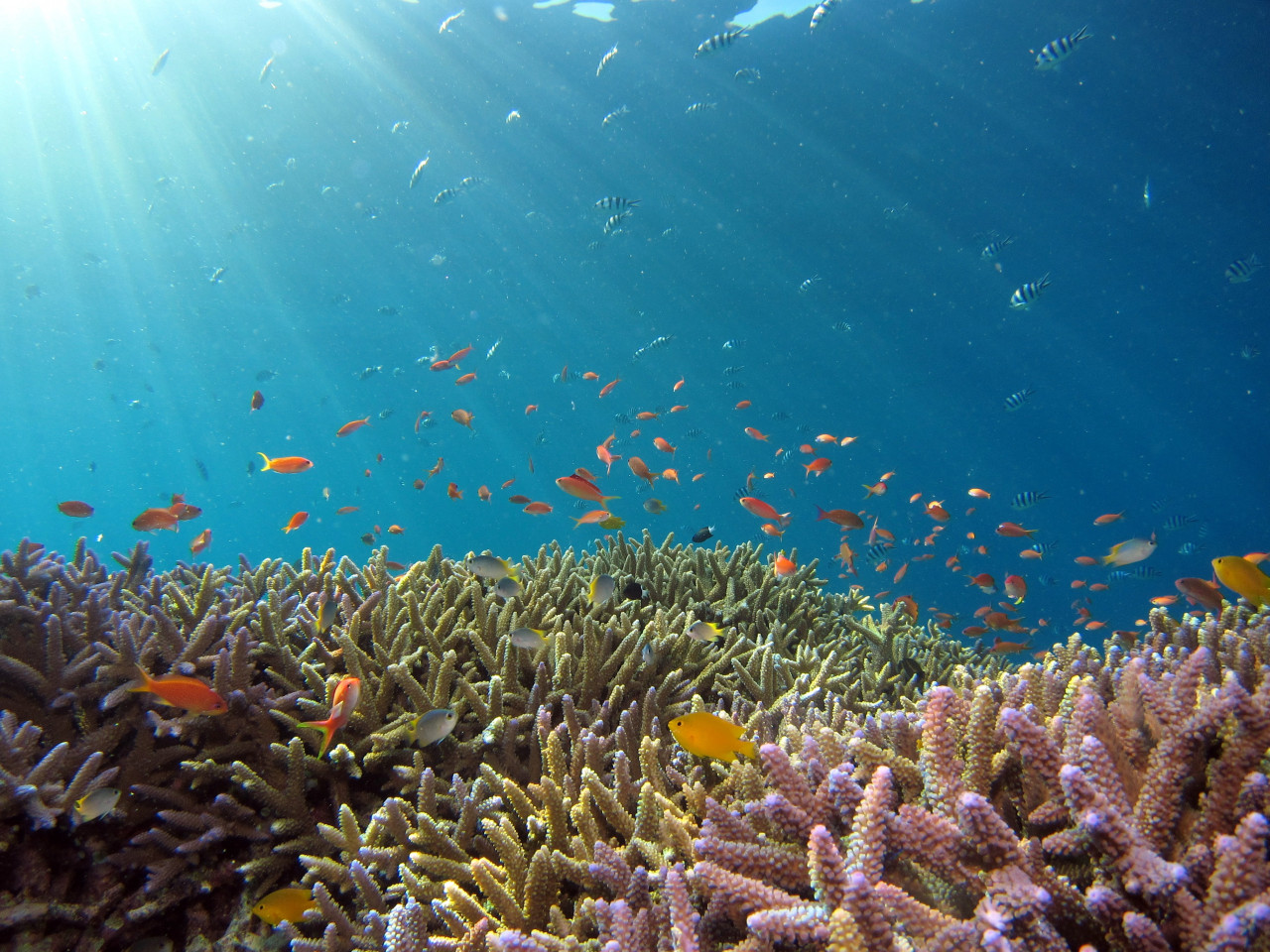
Corals are unique organisms, in that they cannot survive by themselves. They lack typical ways of consuming food like most animals, but also lack the chlorophyll required to photosynthesise like all plants do. Hence, corals have figured out a unique way to survive.
By providing structure and shelter for a type of algae known as zooxanthellae, it can use its own chlorophyll to photosynthesise and provide food for both the algae and the coral, creating what is known as a symbiotic relationship. Without this algae, corals quickly shrink and become completely white in what is known as ‘bleaching’, and are extremely likely to die from disease or starvation.
While this phenomenon will always happen naturally, it has now become a huge issue that is quickly affecting and destroying every single coral reef on the planet.
Zooxanthellae, although happy with the coral, is extremely sensitive thermally. If the temperatures get too hot or cold, the algae leaves and migrates to more suitable waters, leaving its old host to die.
Global warming, one of the most prevalent issues our Earth is facing right now, is significantly increasing water temperatures across the globe, destroying reef habitats through this process and subsequently affecting millions of organisms.
The Great Barrier Reef has been facing severe bleaching for several years now. In 2017 nearly ⅔ of the entire reef had been affected by some sort of bleaching, causing irreversible damage that will take decades for recovery. Of course, eventually we will feel the consequences of these actions.
Coral bleaching in Malaysia
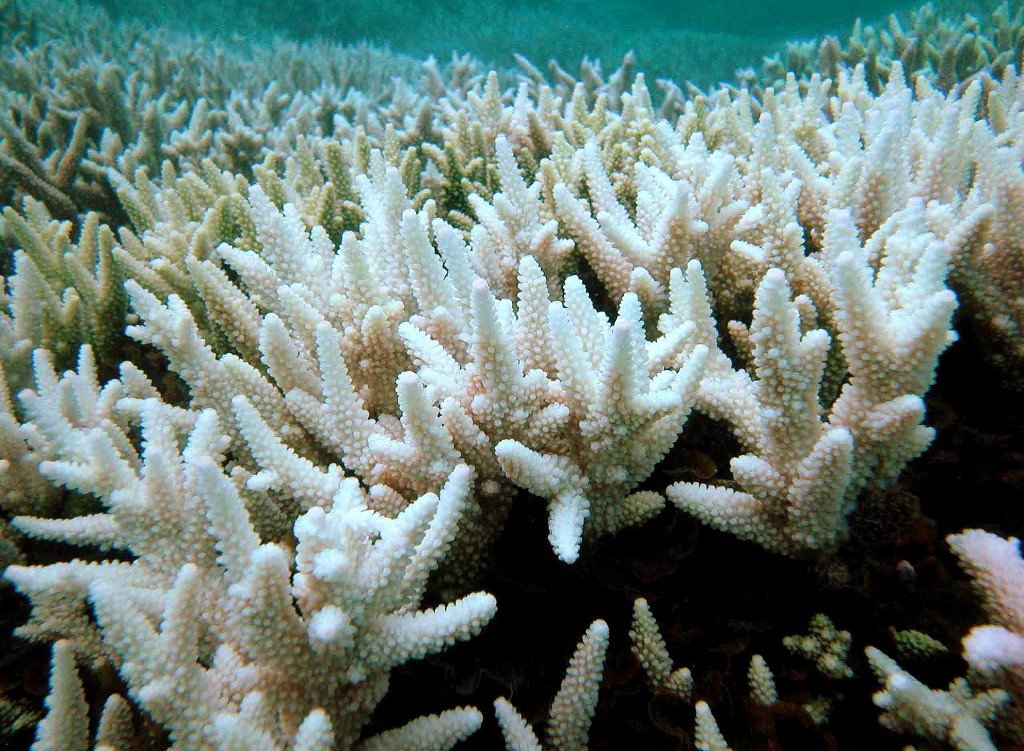
Malaysia has a host of beautiful coral reefs too, mainly in the waters around Sabah and Sarawak. With over 500 different species of corals and over 200 different reefs, corals are of a huge importance to us both ecologically and financially – it is estimated that coral reefs provide roughly US$600 million (about RM2.7 billion) annually, through direct and indirect revenues from tourism and fisheries industries and coastal protection.
Yet, we ourselves have been dealing with coral bleaching for the last decade too. Although Malaysia still has a relatively high level of living coral with 40%, this figure has been consistently declining over the last 5 years.
While a large part of this stems from global warming, Malaysia has its own set of local issues accelerating coral bleaching.
Overfishing is a widespread issue, where certain species are overexploited due to their use for food or for marine aquarium trade, resulting in lower breeding populations and removing important assistance to corals, such as algae-grazing fish that prevent these reefs from being smothered by algae bloom.
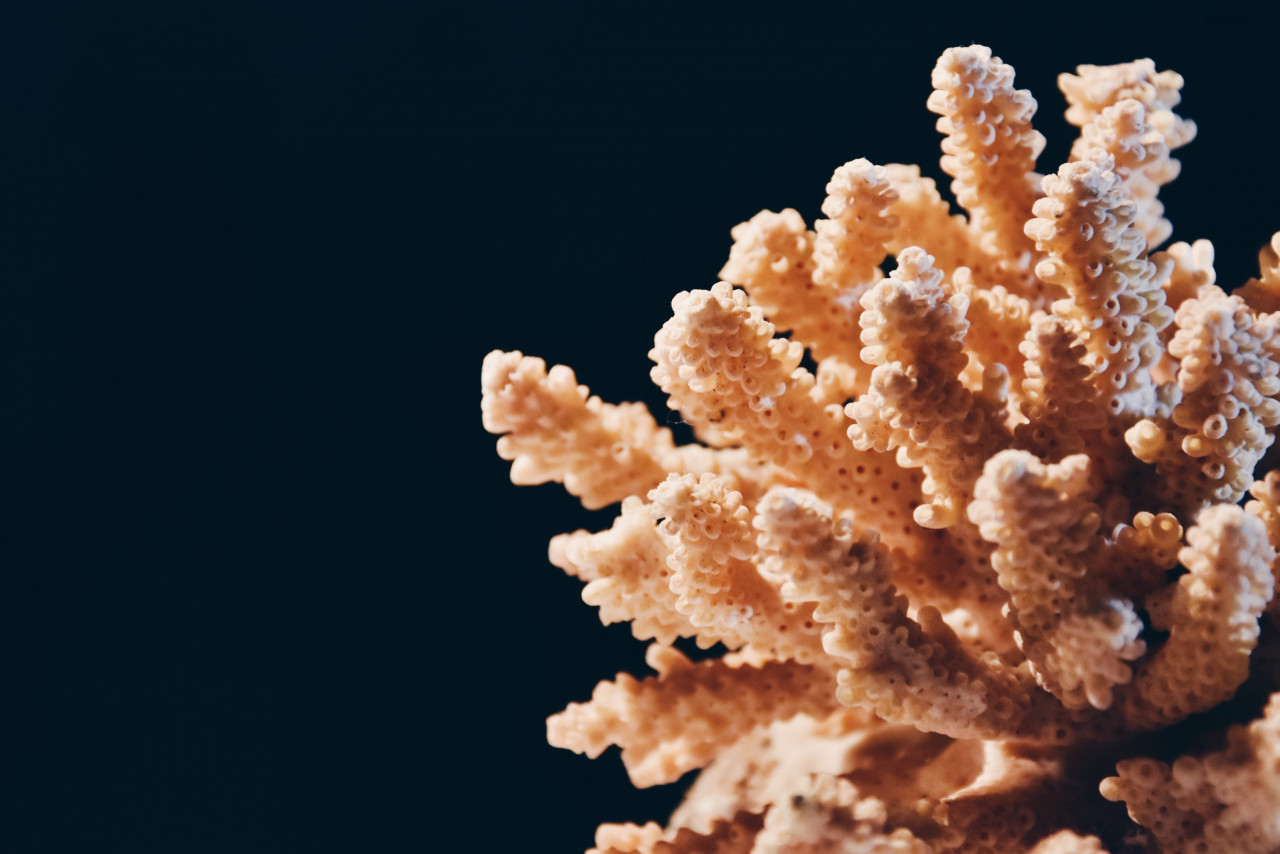
Secondly, destructive fishing methods such as poison fishing or blast fishing, which while cheap and efficient, cause massive amounts of unnecessary collateral damage to reefs nearby.
Finally, littering and the dumping of toxic chemicals causes corals to be smothered or significantly lowers the water quality, causing bleaching and killing not just corals but any of the vibrant wildlife we have in the sea. In 2019, it was reported that nearly 60% of Malaysians still fail to dispose of their trash properly, despite having the means to do so.
Conclusion – making a difference
It is still not too late to make a difference. By making small adjustments to our daily routines, everyone’s combined effort could slowly combat the devastating effects of coral bleaching.
Recycling and reducing the waste you create are essential in helping corals – if everyone manages to get rid of their waste properly you wouldn’t have plastics and junk tearing and damaging corals. Avoiding household products that contain harmful chemicals or toxins is also vital, as they frequently get flushed down drains and sewage which leads to the ocean. Using public transport to reduce carbon emissions helps manage the acidity levels in the waters that corals live in; ensuring that the algae remains in an optimal state.
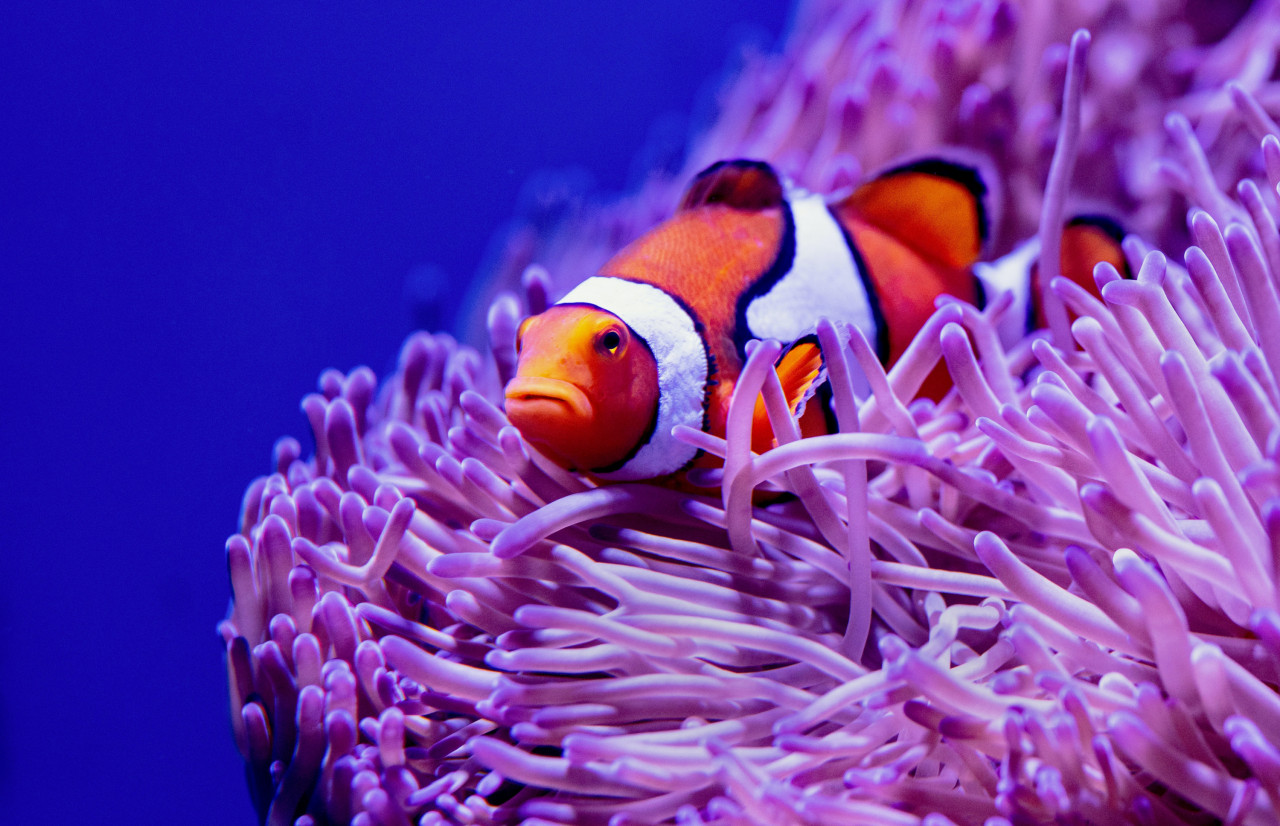
Making changes in your diet can also be a way of boycotting harmful fishing industry methods. Malaysia loves its seafood with nearly ⅓ of all protein here consisting of it. If everyone reduced their consumption, it would hopefully send a signal to producers and reduce issues such as overfishing.
Finally, in case you want to visit beautiful coral reefs in person and experience diving, it is extremely important you admire corals from a distance and avoid making contact with them with your hands or feet. Corals are extremely delicate and can break very easily – so try to be constantly aware of your surroundings, and to treat nature with the respect it deserves.
With such unique and magnificent life all around us, let us do better in order to preserve it and keep it alive! – The Vibes, August 9, 2022
* The author, Ryan Muenker, 17, is a youth volunteer with Roots and Shoots Malaysia Awards



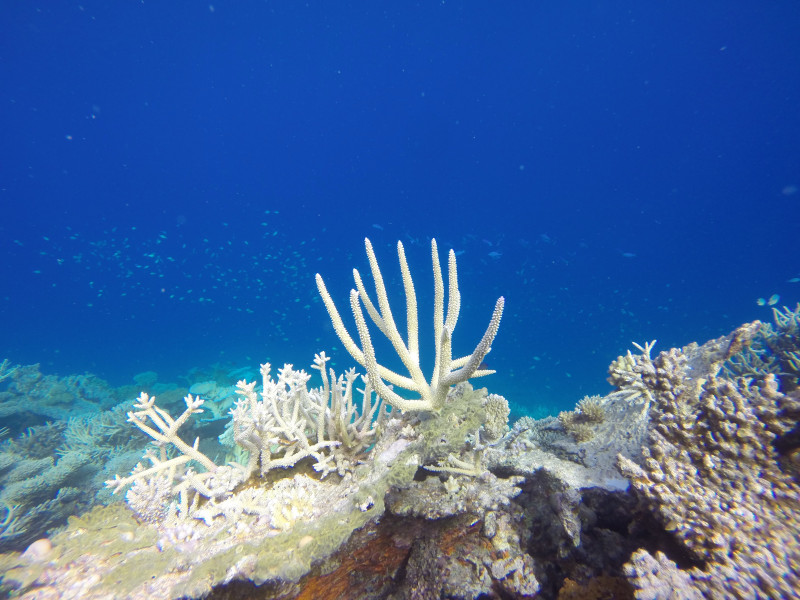
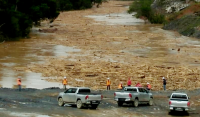
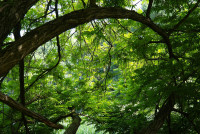
.jpeg)









